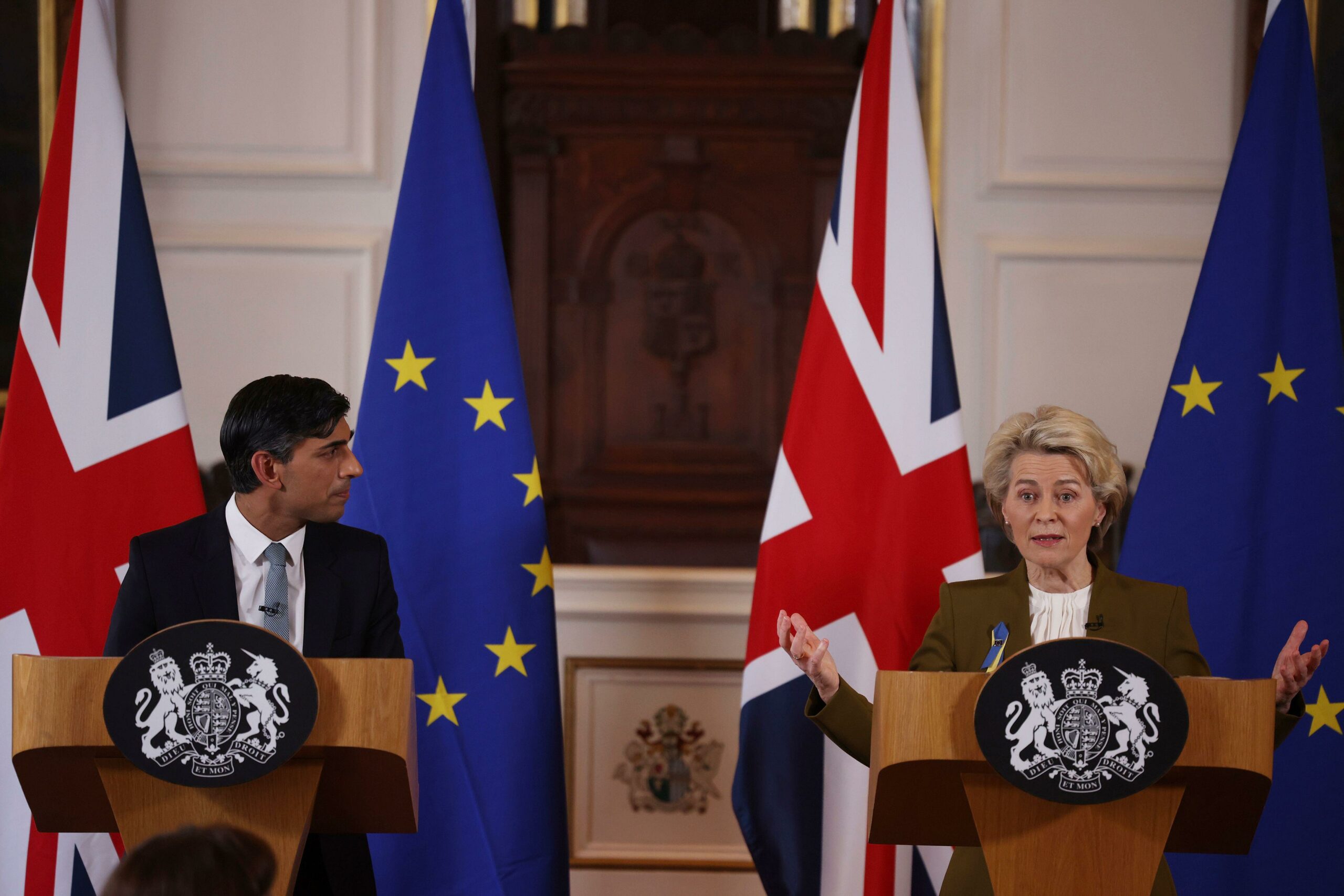Spare a thought for Sir Jeffrey Donaldson. Since the Northern Ireland Assembly elections in May 2022, he and the DUP party have prevented the restoration of power-sharing at Stormont over their objections to how Northern Ireland is affected by the UK’s Brexit agreement. In the nine months of stalemate, Sir Jeffrey and the DUP have made a virtue of saying No. Their policy of stubborn resistance can be traced back to 1689 when a group of Apprentice Boys closed the gates of Derry and were prepared to risk starvation rather than allow the entry of forces led by the Catholic…
Cancel at any time. Are you already a member? Log in here.
Want to read the full story?
Unlock this article – and everything else on The Currency – with an annual membership and receive a free Samsonite Upscape suitcase, retailing at €235, delivered to your door.

